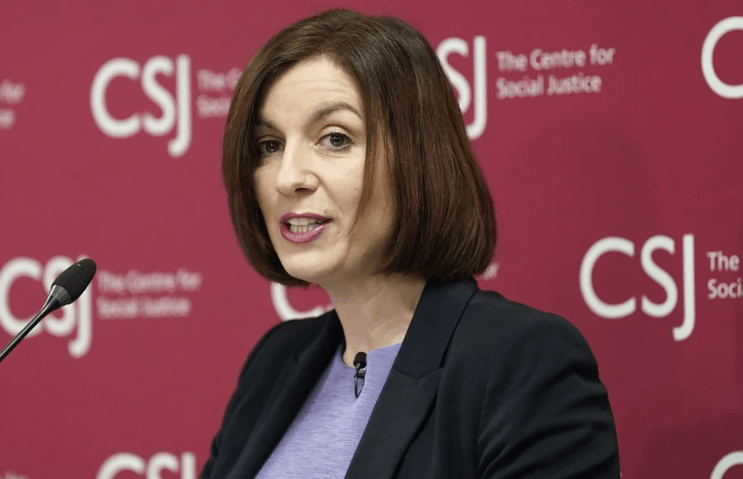The Equalities Minister, Bridget Phillipson, has sparked debate by stating that trans women should use male toilets, in line with a Supreme Court ruling which clarified that access to single-sex services must be determined by biological sex.
Supreme Court Clarifies Legal Definition
In a landmark judgment delivered last week, the UK’s highest court ruled that references to “woman” and “sex” in the 2010 Equality Act refer explicitly to biological sex. This means that transgender women, even those with a Gender Recognition Certificate, can be lawfully excluded from single-sex spaces if the decision is deemed proportionate.
Businesses Urged to Provide Suitable Facilities
Speaking on BBC Radio 4’s Today programme, Ms Phillipson emphasised the need for appropriate facilities across workplaces and public services: “I know that many businesses, large and small, will ensure that they have appropriate provision in place. For example, many businesses have moved towards unisex provision or separate cubicles that can be used by anyone.”
While noting the relevance of spaces like toilets and changing rooms, she placed greater emphasis on services involving more extended stays — such as hospitals, women’s refuges and rape crisis centres — where biological sex-based protections are crucial.
“And I think it is important and welcome that the Supreme Court have put beyond doubt that providers can make sure that is done on the basis of biological sex.”
Ms Phillipson is set to address the House of Commons this week as Parliament reconvenes after the Easter recess, providing further detail on how the ruling will affect public policy.
Lord Sumption Warns of Misinterpretation
However, former Supreme Court judge Lord Jonathan Sumption has voiced concern over how the ruling is being interpreted. He said the decision permits the exclusion of trans women from single-sex spaces, but does not mandate it.
“That’s the main point, which I think has been misunderstood about this judgment. I think it’s quite important to note that you are allowed to exclude trans women from these facilities. But you are not obliged to do it.”
Protests and Public Outrage
The decision has ignited strong reactions across the country. Over the weekend, tens of thousands took to Parliament Square in an “emergency demonstration” demanding “trans rights now”.
Placards ranged from peaceful slogans such as “Trans rights are human rights” to more controversial messages. One sign, depicting gallows with the phrase “The only good Terf is a hanged one”, drew fierce criticism.
Education Minister Stephen Morgan condemned the imagery: “It’s completely unacceptable language to be used, and obviously any matters that break the law should be reported to the police, and hopefully police action is taken.”
Clearer Guidance for Schools and Services
Speaking to BBC Breakfast, Ms Phillipson reiterated the government’s stance on safeguarding single-sex spaces, especially in sensitive services: “I do welcome the clarity that the Supreme Court judgment has brought in this area, making clear that biological sex is the basis on which single-sex spaces are provided.”
She also highlighted the need for new guidance for schools dealing with gender-questioning pupils, placing children’s wellbeing at the heart of decision-making.
Drawing from her own experience running a women’s refuge before entering politics, she stressed: “I know more than most how essential it is that women, particularly those who’ve experienced sexual violence and male abuse, can have safe, therapeutic environments.
I’m glad that’s been cleared up, because providers can now operate with absolute confidence in delivering single-sex spaces for biological women.”
This ruling marks a significant shift in the ongoing debate over trans rights and the legal framework around gender identity. While hailed by some as a step toward protecting women’s spaces, it has also prompted outrage and calls for further legal clarity.
As political leaders prepare to issue guidance and respond to protests, the conversation around gender identity and biological sex remains firmly in the national spotlight.






